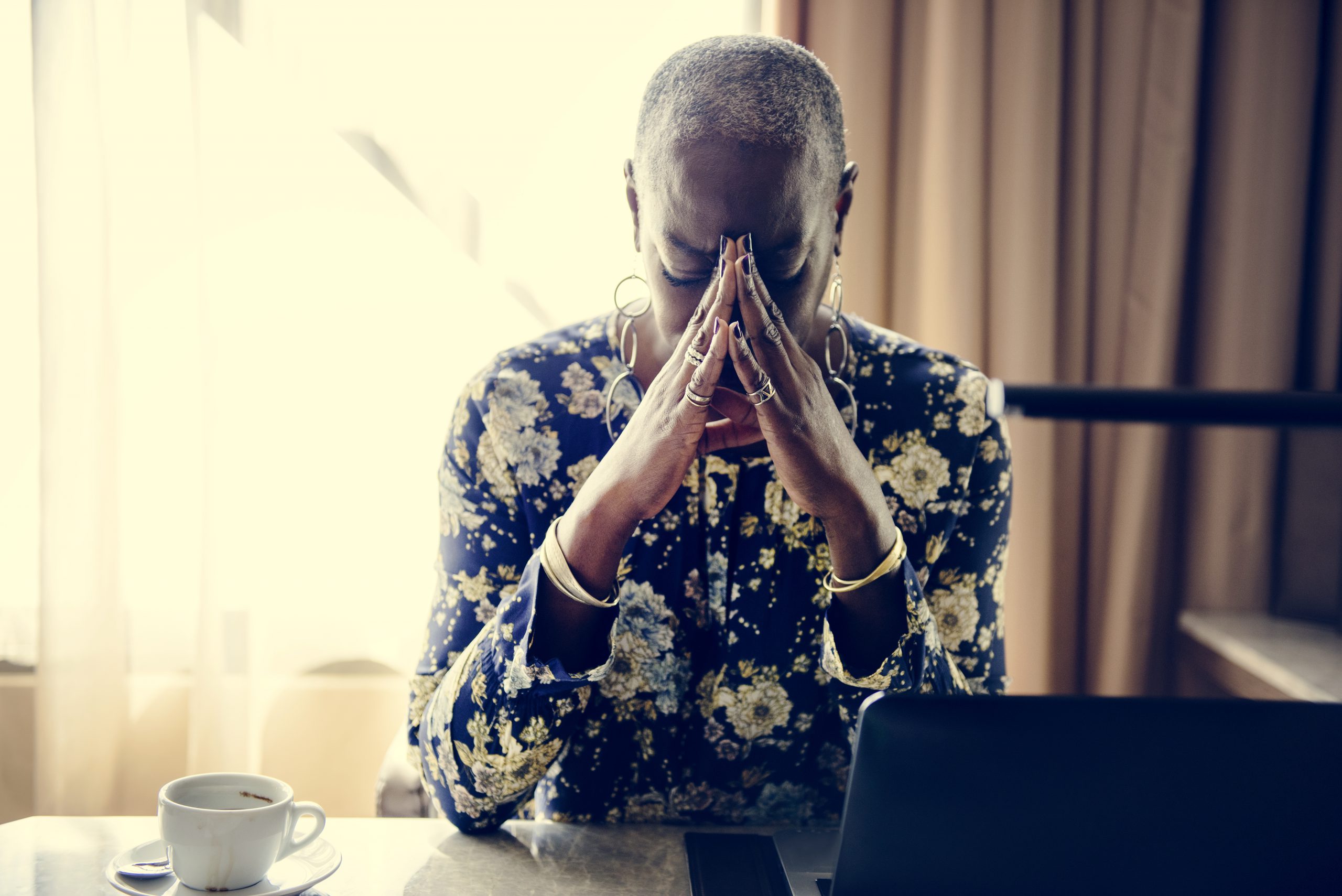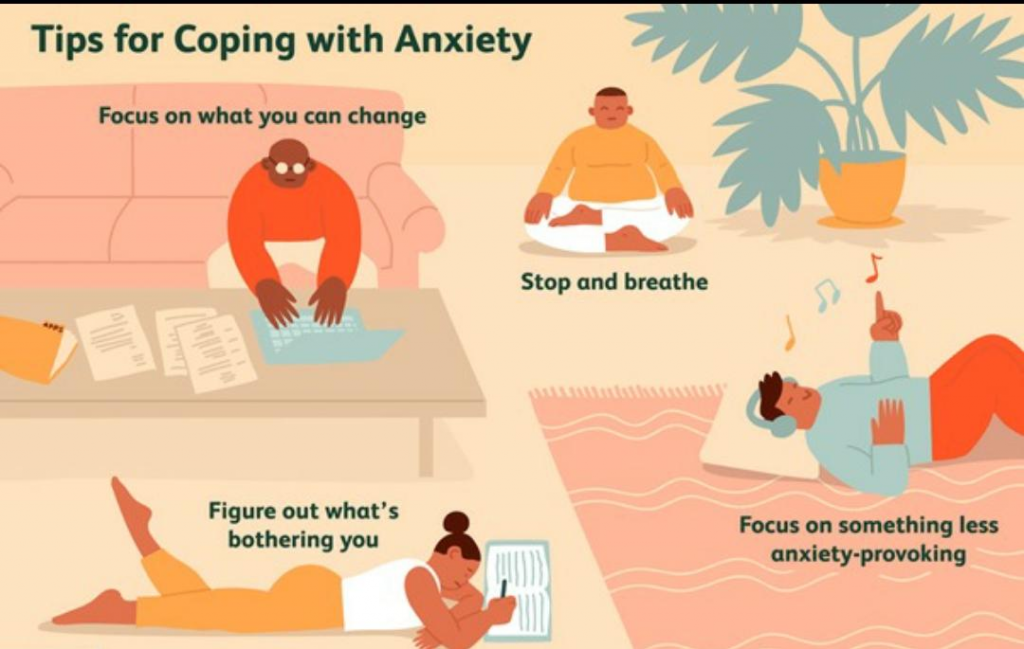Anxiety
- Home
- Anxiety

Anxiety
It is characterised by the feeling of unease, unsettlement, restlessness, fear, panic and being nervous amongst many other negative emotions. In Shona they call it ‘kusagadzikana kwepfunga’ and in Ndebele ‘ukuthathazeka’The American Psychological Association (APA) defines anxiety as “an emotion characterized by feelings of tension, worried thoughts and physical changes like increase blood pressure.”
But anxiety is more than just a feeling. It is the also the way the body response, it also involves a wide range of physical symptoms, including:
- Shortness of breath.
- Pounding heart.
- Shaking or trembling.
- Stomach upset.
- Frequent urination or diarrhoea.
- Muscle tension or twitches.
Anxiety symptoms develop into a disorder as a result of a consistent signs that are not treated, which become anxiety disorders.
Types of anxiety disorder
Anxiety can be dealt with by identifying the triggers. Here are a few common: a job interview, confrontations, meeting your partner’s family, or giving a presentation in front of a lot of people. Everyone has different triggers and identifying them is one of the most important steps to coping and managing anxiety attacks. Some tips to deal with anxiety include breathing in out and taking deep breaths, meditation and yoga amongst many.

Anxiety in Children
It is important to note that anxiety does not only occur in adults, children are also affected. Therefore, as parents it is important to check on children for signs of anxiety so that it can be treated in its early stages. Signs which show that a child is going through anxiety include:
- Sleep Bruxism (kutsenga mazino). This a conditionin which a child grinds gnashes or clenches his/her teeth during sleep.
- Excessive aggressive attitude that is quickly getting angry or irritable, and being out of control during outbursts.
- not sleeping, or waking in the night with bad dreams.
- not eating properly.
- feeling tense and fidgety, or using the toilet often.
In order to curb anxiety in children, parents should try to find the root cause of it and also consider visiting a Child Psychologist.
References
http://article.sciencepublishinggroup.com/html/10.11648.j.ijcems.20160201.12.html
https://www.helpguide.org/articles/anxiety/anxiety-disorders-and-anxiety-attacks.htm
https://www.healthline.com/health/mental-health/how-to-cope-with-anxiety

